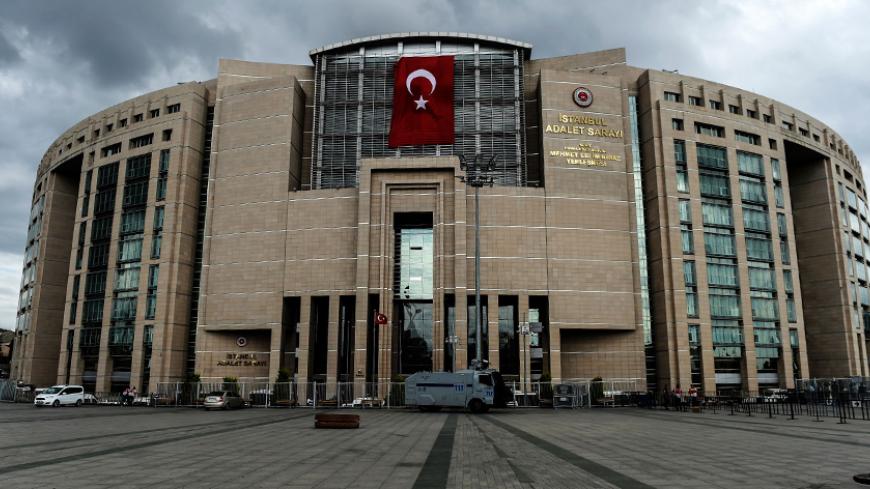The botched coup attempt that rattled Turkey on July 15, 2016, marked a double setback for the country’s democracy. As the academic Vahap Coskun succinctly described it, the failed putsch “was an insurrection against the democratic order by a group that had infiltrated the state. Those in the seat of power realized that the most critical organs of the state had been functioning outside their control and that their hold of power had been to a large extent only an appearance.” Turkish democracy thus braced for a second “coup” on July 16 as the government embarked on a ferocious crackdown with the stated aim of dismantling the putschist network and in the process pushing the limits of the law with authoritarian and arbitrary measures.
It was in this climate that the Justice and Development Party (AKP) quickly moved to install a populist, nationalist order, an endeavor that continues today. This, in fact, is at the core of the April 16 referendum on constitutional changes, which are designed to equip President Recep Tayyip Erdogan with sweeping executive powers.



